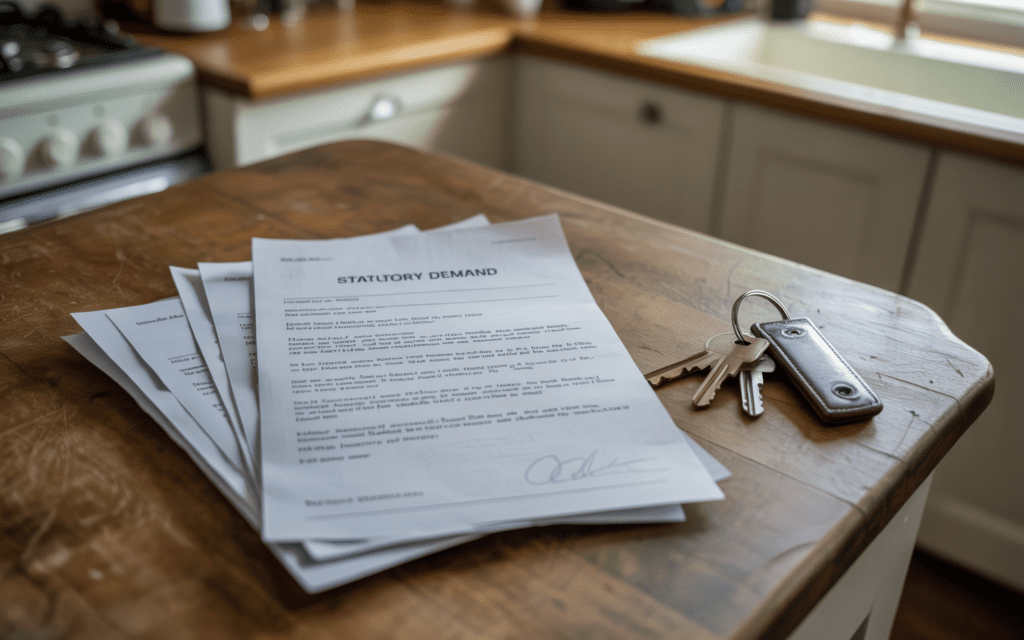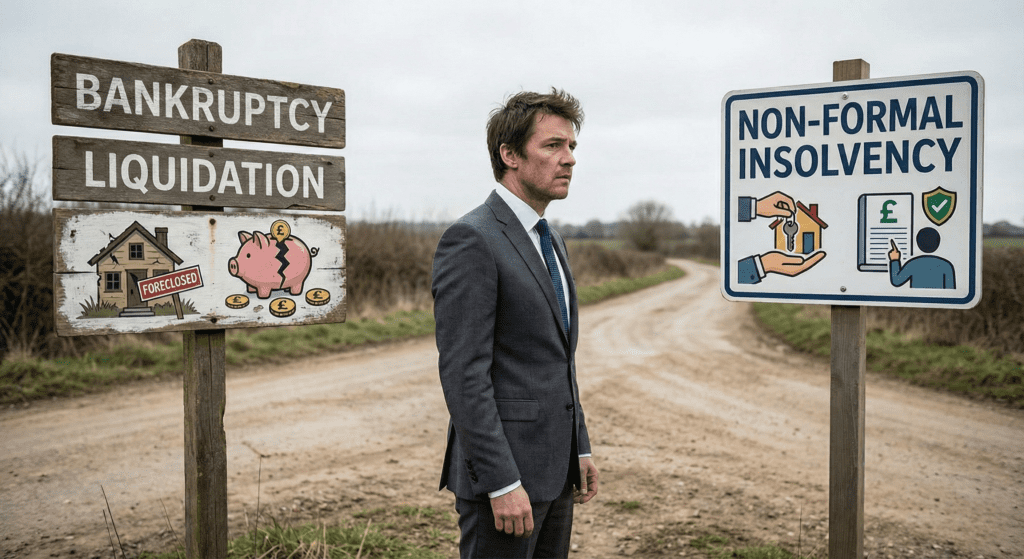If your mortgage is more than the current value of your house, you have fallen victim to negative equity. Although this issue was most prevalent after the 2008 crash, it still affects over 500,000 people across the UK.
With the jump in house prices over the past 2 years, could we see an increase in this number again? Although unlikely, it is still a worry for homeowners and a major issue for those trapped in negative equity.
When is negative equity an issue?
Negative equity is not always a serious issue. If you plan to continue living in your house and can pay the mortgage it may not have a severe impact on you.
However, for many ‘sitting tight’ is not an option. If you are struggling to meet repayments or you want to sell your house it can bring serious challenges. This can cause you to end up ‘trapped’ in negative equity – unable to sell and unable to stay in your house.
If you sell your property, you will be required to pay the mortgage shortfall. Unless you have a large cash reserve or other assets to cover the cost, you must ask yourself…is this feasible?
If you continue living in your house and you’re on top of your mortgage payments, you will not face any consequences. There is always the risk that a sudden loss of income could leave you unable to pay your mortgage and cause a significant shortfall. As mentioned above, you are liable for the full value remaining.
You can attempt to wait for house prices to rise to the same level as when you first purchased your property however, this could take years. If there is a substantial amount of negative equity or you purchased pre-2008, is unlikely to ever happen.
‘Can I sell my negative equity property?’
This process involves negotiating with your mortgage lender to allow the sale of your property to a third party. This can be an option if someone you know wishes to purchase the property or you want to manage the sale yourself.
After the sale you will still have to pay the mortgage shortfall however, this can be negotiated. This is why we always recommend seeking expert advice before attempting to contact your lender.
‘Are there any other options?’
If none of the above are possible routes for you to go down, you can voluntarily surrender your property. This process involves the repossession and forced sale of your property by your lender.
The money from the sale is used to pay off the mortgage and you will receive anything left after this sale. Generally, the lender will force the sale at below market price. But, if you cannot pay the mortgage, do not have the funds to pay the shortfall or cannot find a buyer this is an alternative.
No matter what you decide to do, we always recommend seeking advice from the experts. Bell & Company have helped write off millions for negative equity cases over the past 15 years and our team is available to help you today!
Call 0333 305 4331 for an obligation-free chat with one of our specialists today, or email hello@bellcomp.co.uk for more information.



